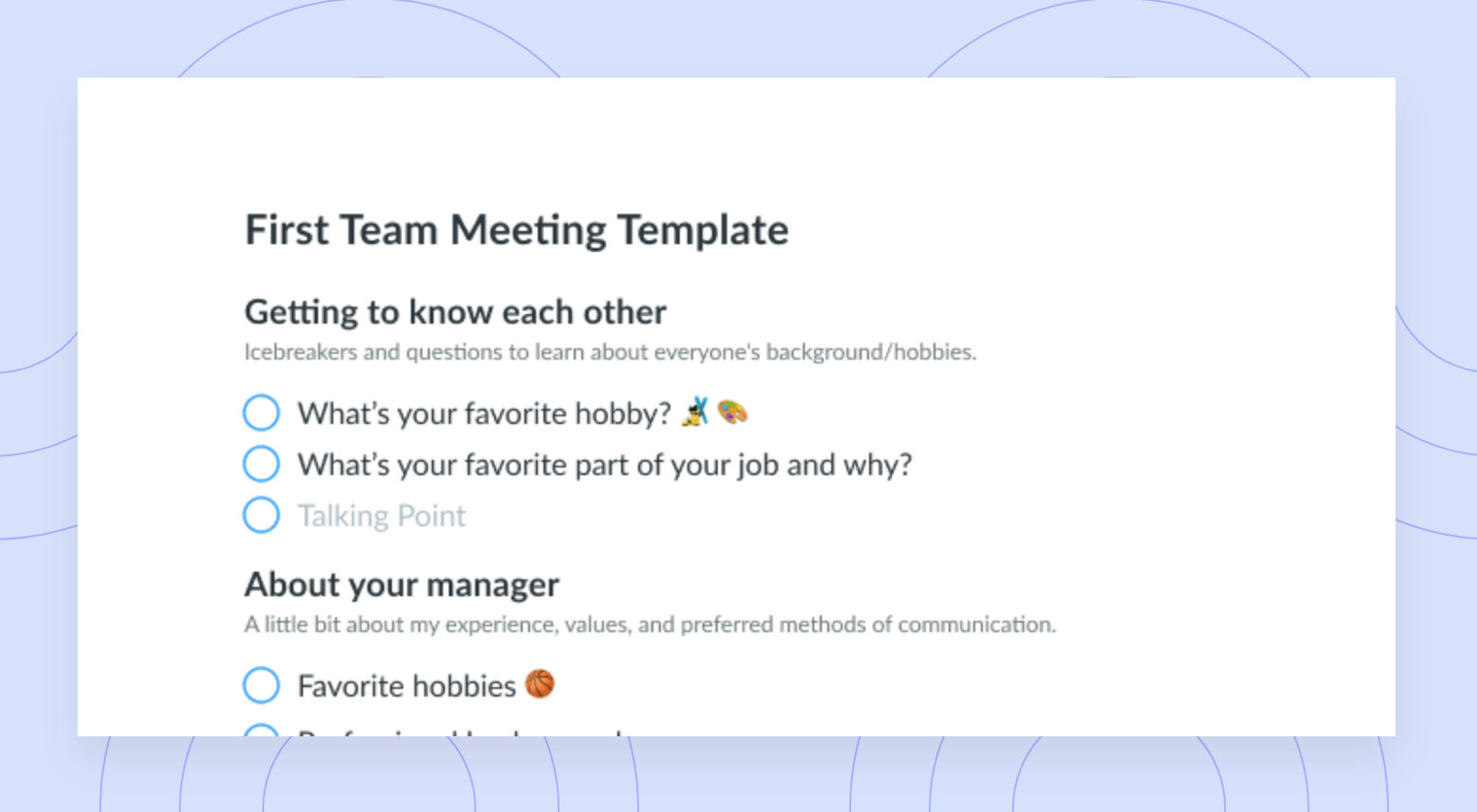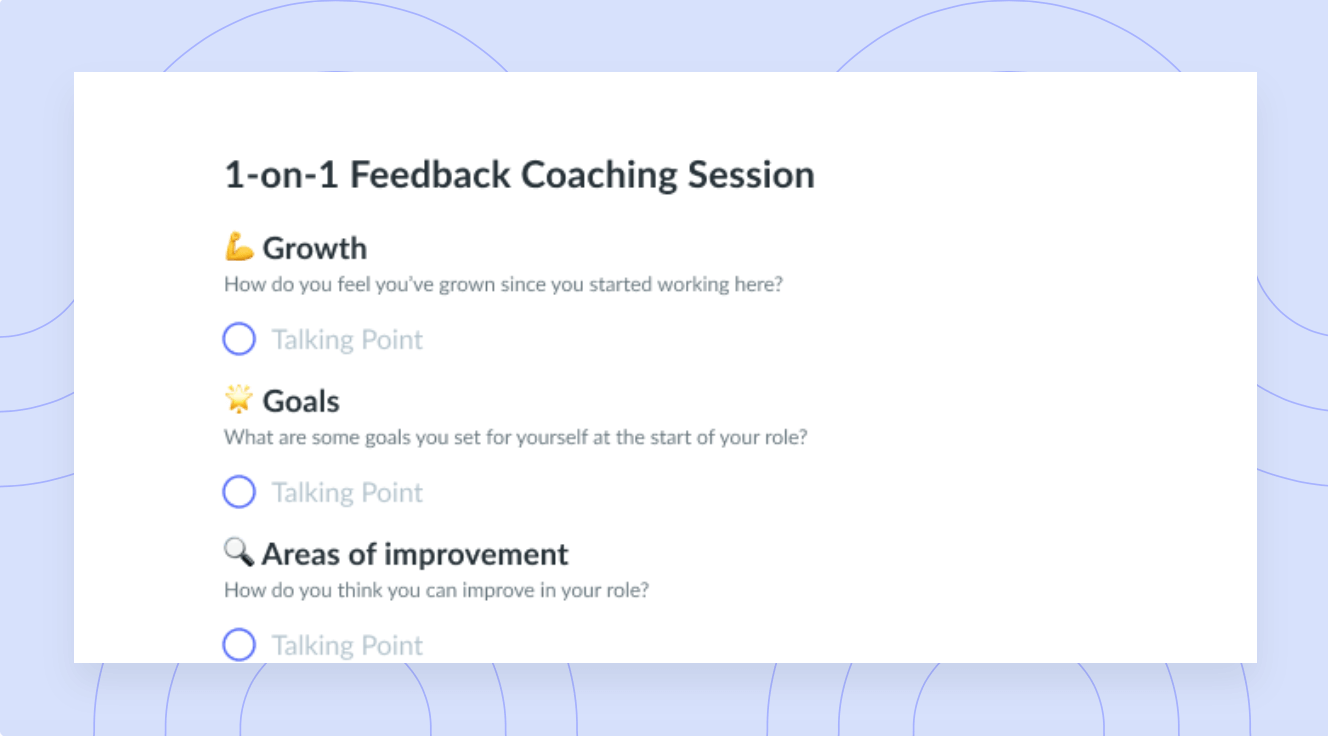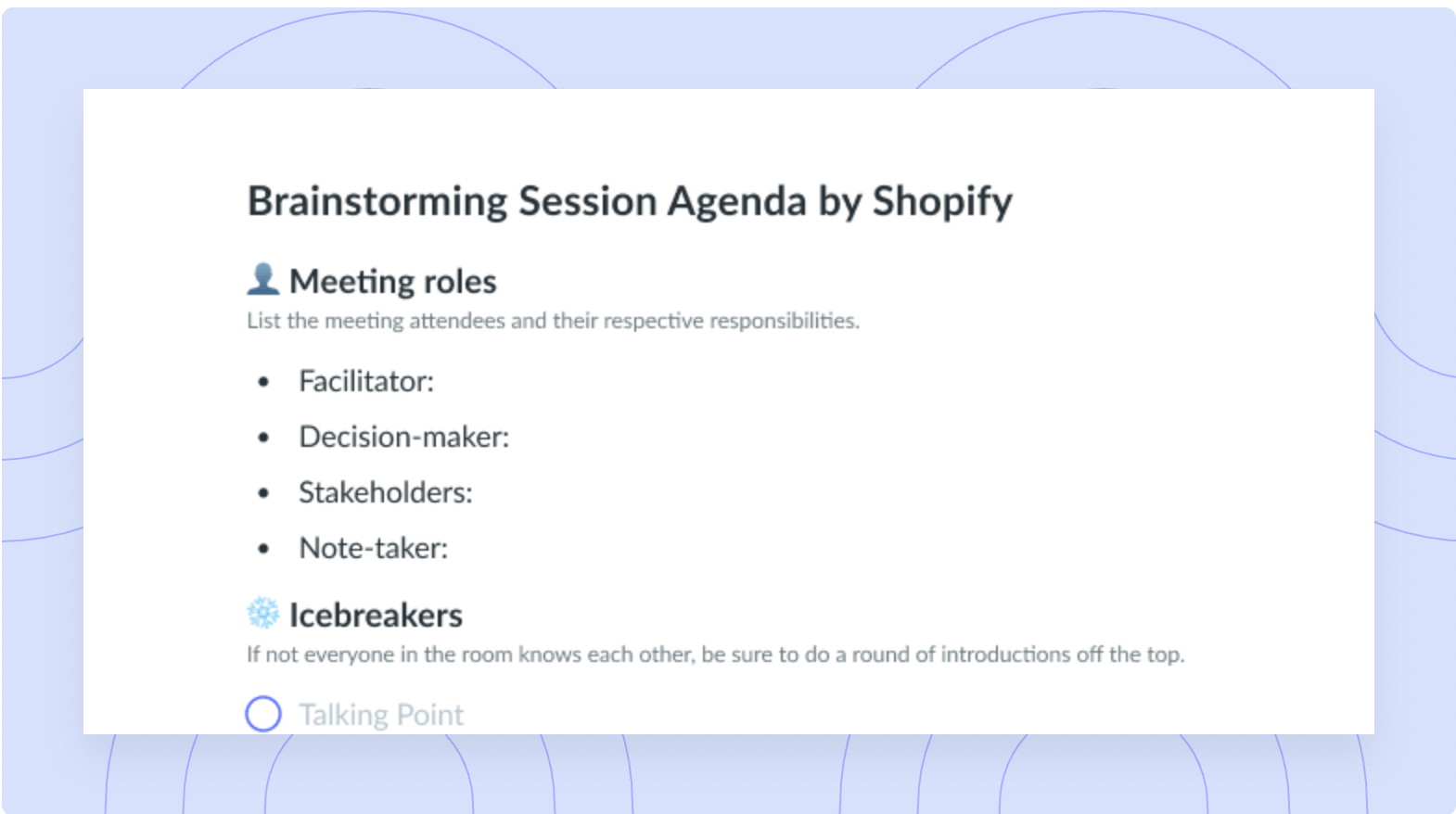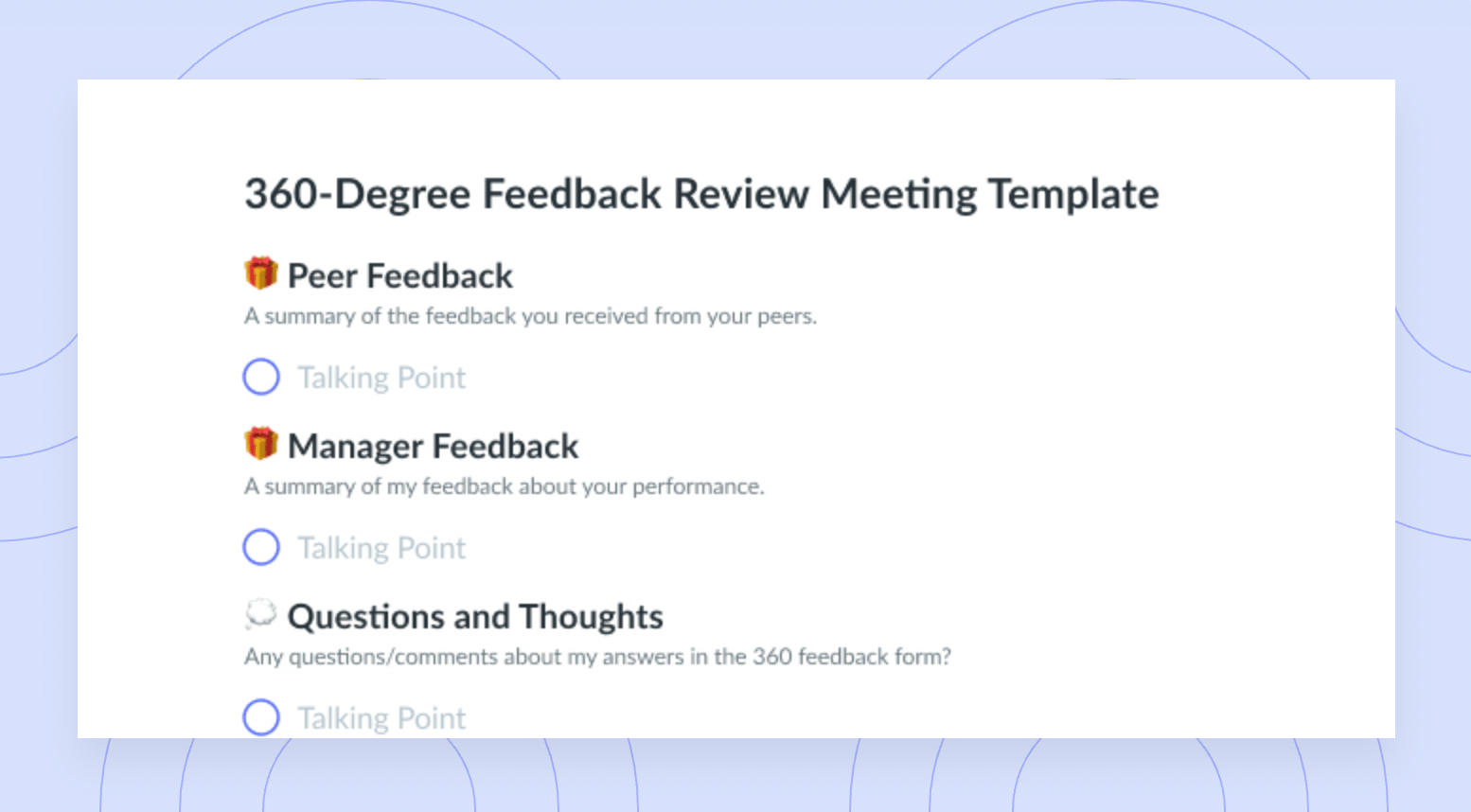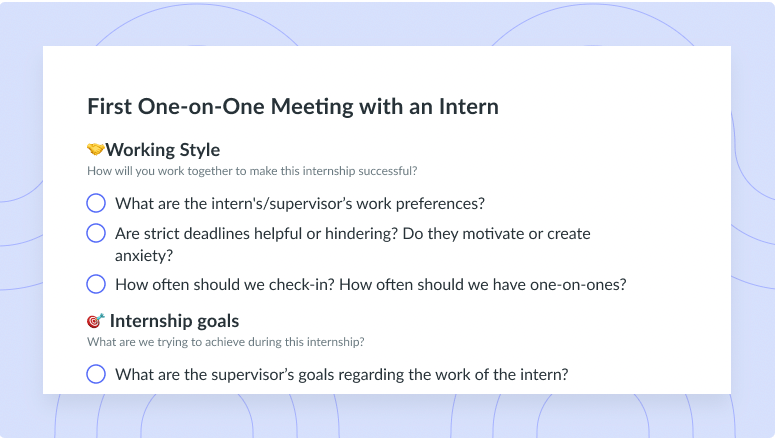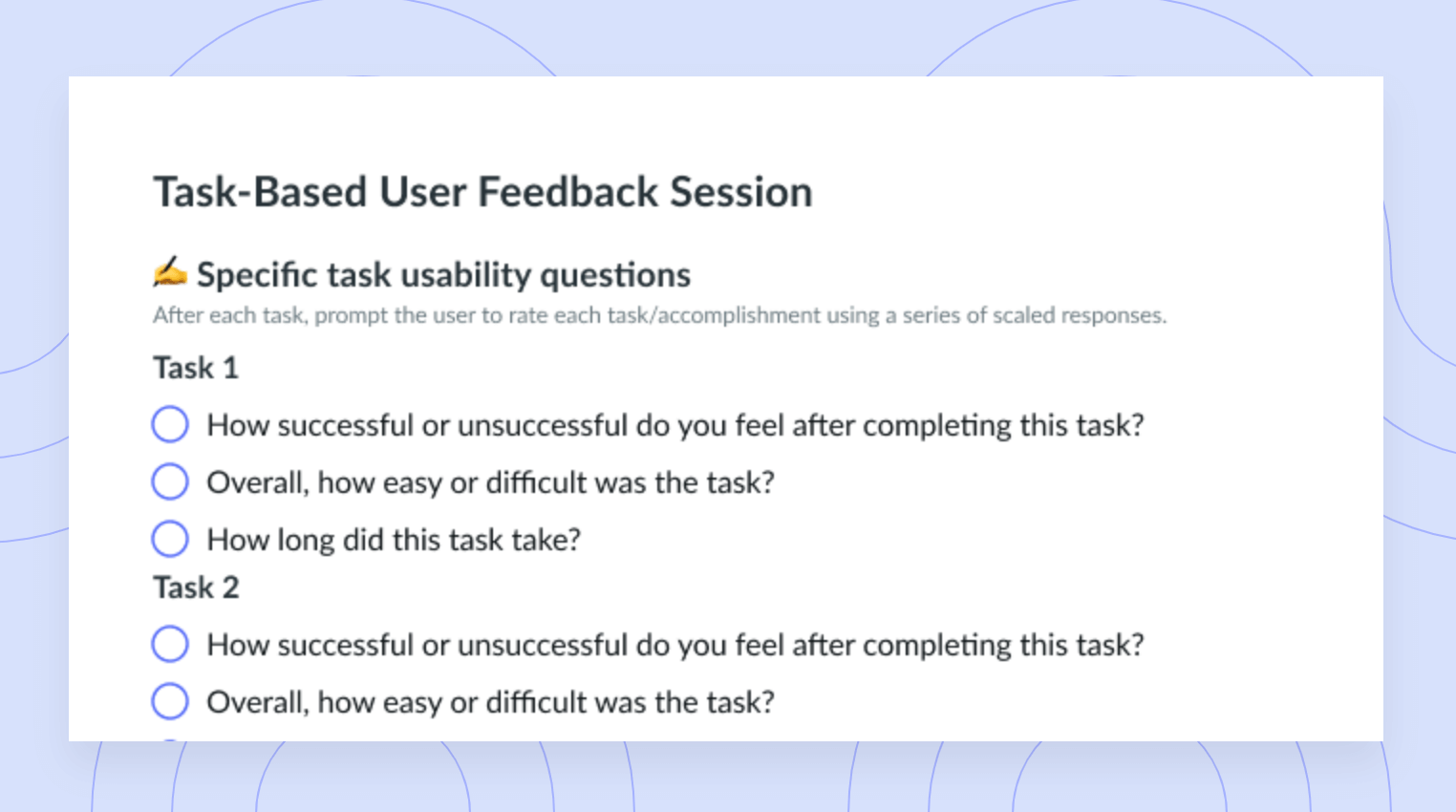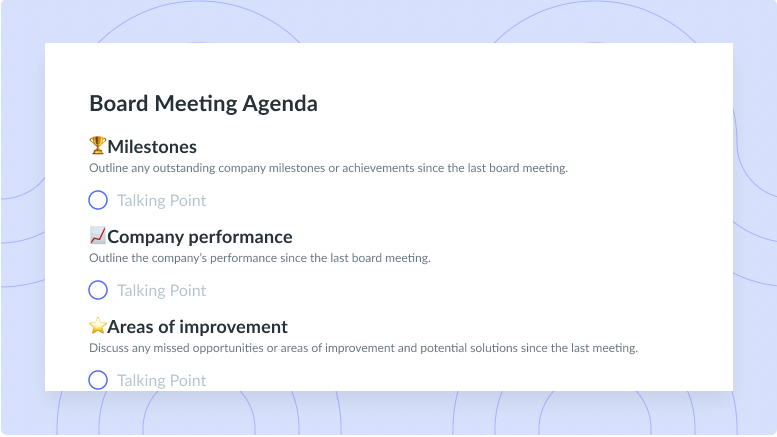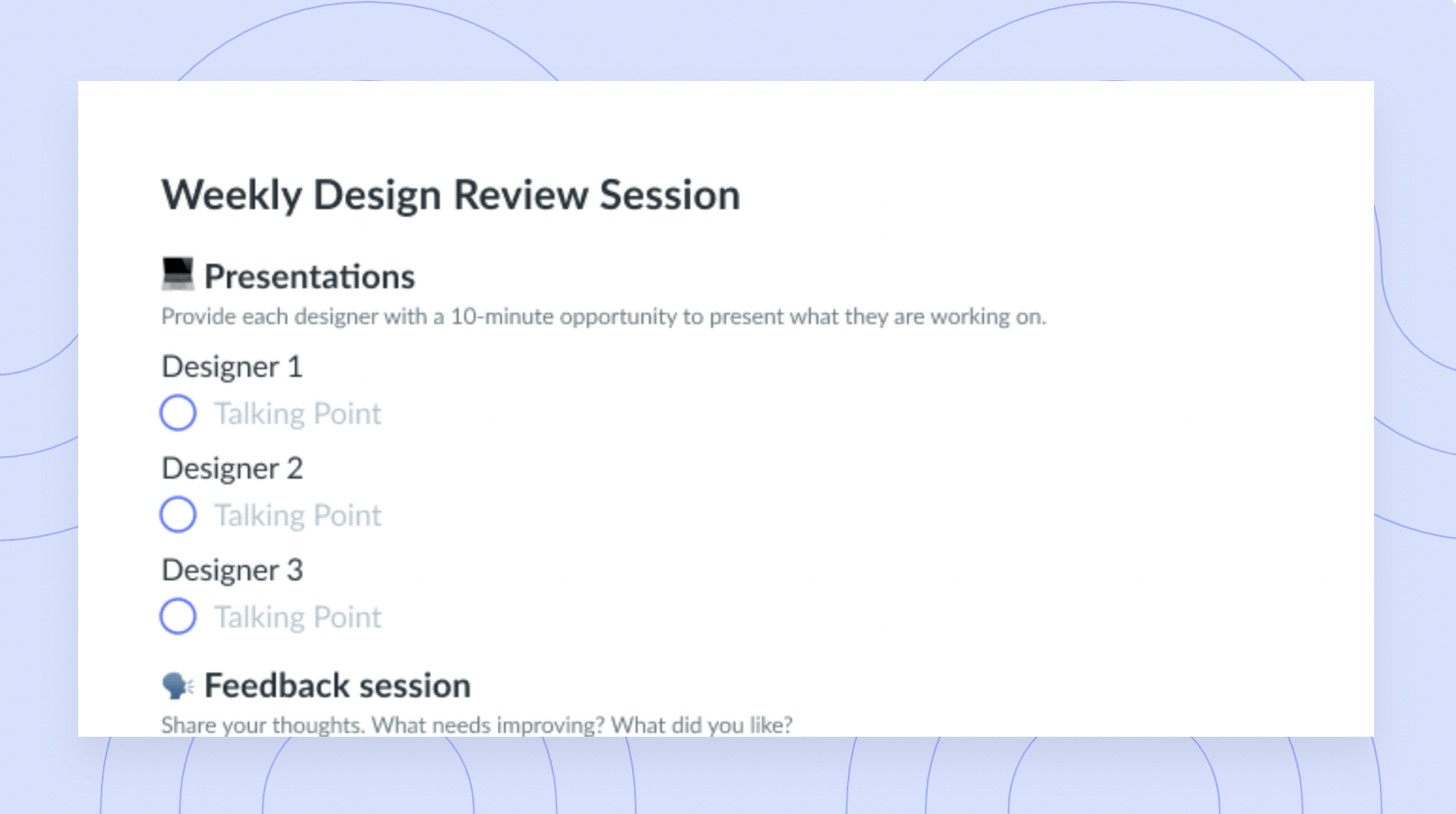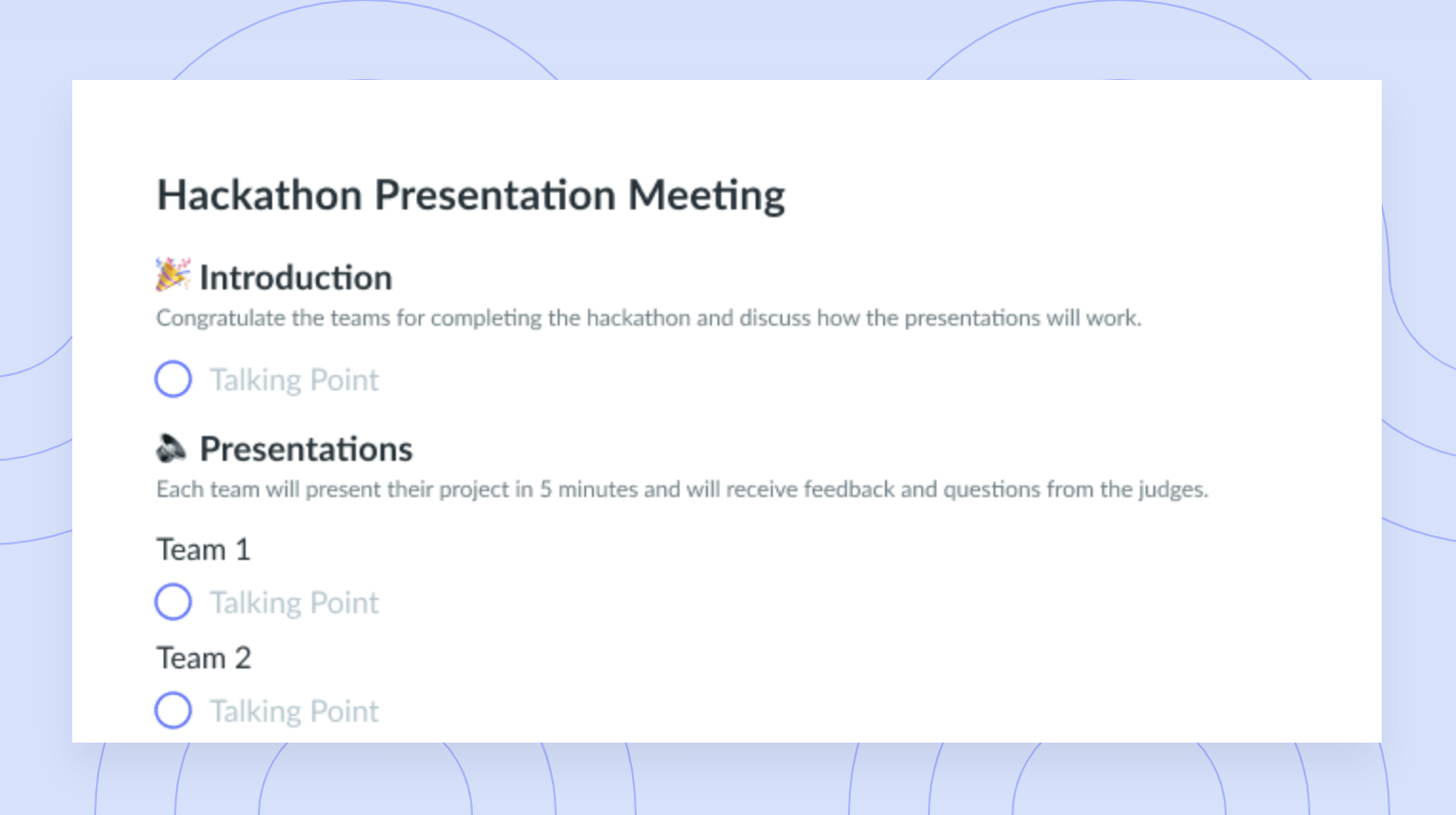How To Get Feedback That Is (ACTUALLY) Helpful
4 Little-known strategies to push past the professional courtesies and get the feedback you need to help you and your team grow.
Feedback is an important part of professional growth. If you want yourself and your team to reach your highest potential, you need to understand what’s working, what’s not working, and how you could stand to improve. But, on your own, it can be challenging to identify what about you or your team needs to change.
That’s why asking for feedback about yourself and your direct reports is so critical.
Getting feedback from your colleagues gives you insights into how others see you, your team, and your performance—and can help you get a better understanding on the best ways you can improve. In fact, according to data from Gallup, managers who received strengths feedback showed 8.9 percent higher profitability when compared with managers who received no feedback—while their teams experienced 12.5 percent greater productivity.
But not all feedback is created equal. So how can you push past the professional courtesies of “you’re doing great!” or “good job!” — and get honest feedback that’s actually helpful?
- Make sure you have the right intentions
- Tell people you want honest, not nice
- Ask the right questions
- Foster future communication
1 Make sure you have the right intentions
The first key for getting honest, productive feedback? Checking your intentions before you start soliciting comments or insights from your colleagues.
Many people think that they want honest feedback — but what they really want is a pat on the back. In an article for Forbes, Ian Mathews, CEO of leadership consultancy 5on4 Group, writes:
“People tend to confuse sharing with seeking advice. In an attempt to solicit kudos from someone they are close to, they make the mistake of asking for input.”
While there’s nothing wrong with wanting positive reinforcement about yourself or your team, that’s not the point of feedback. As mentioned, feedback will give you an honest lens into how others in your organization view you, your team, and your performance — and can help you identify blind spots and areas where you have potential to grow, change, and improve.
If you want to get feedback that’s truly helpful, you need to go into the feedback process with the right intentions — wanting to know how you and your team can improve. Mathews writes:
“Tell yourself that the goal is to learn and that behaviors can change. Fight the fixed mindset that views critical feedback as a character flaw.”
If you go into the feedback process looking for a pat on the back, you’re either going to be satisfied with a generic “good job!” response or you’re going to get defensive when someone tries to give you construction feedback—neither of which helps you or your team improve.
Make sure you have the right intentions—getting the feedback you need to be your best—before you start soliciting people’s insights.
2 Tell people you want honest — not nice
Many people have been told to “be nice” since childhood. And while it might feel good to have your coworkers, managers, or employees, say “nice” things about you, “nice” isn’t going to help you or your team grow.
“So many people have been taught that ‘if you can’t say anything nice, don’t say it at all,’” says organizational psychologist and executive coach Patricia Thompson, PhD. “Therefore, they think that giving someone else suggestions about how to improve is something to be avoided.”
If you want to get feedback that’s actually helpful, you need to let people know that you don’t need nice — you need honest.
Before you ask for feedback, make it clear to your colleague that you’re not looking for them to bolster your ego or tell you what they think you want to hear. Instead, let them know you’re looking for honest feedback that will help you identify areas for growth for yourself, your team, and your organization.
In an article for Harvard Business Review, Peter Bregman, CEO of leadership consulting firm Bregman Partners, writes:
“Let people know they’re doing you a favor by being truthful. ‘Don’t be nice,’ you can tell them. ‘Be helpful.’ Explain that you want to get the most out of the conversation, and it won’t work if they hold back.”
When people feel comfortable enough to let down their “nice” guard, their feedback might be harder to hear—but it’s ultimately going to be the feedback you need for you (and your team!) to be your best.

Pro Tip
Use a feedback tool like Fellow to exchange ongoing feedback about projects, meetings, and performance.
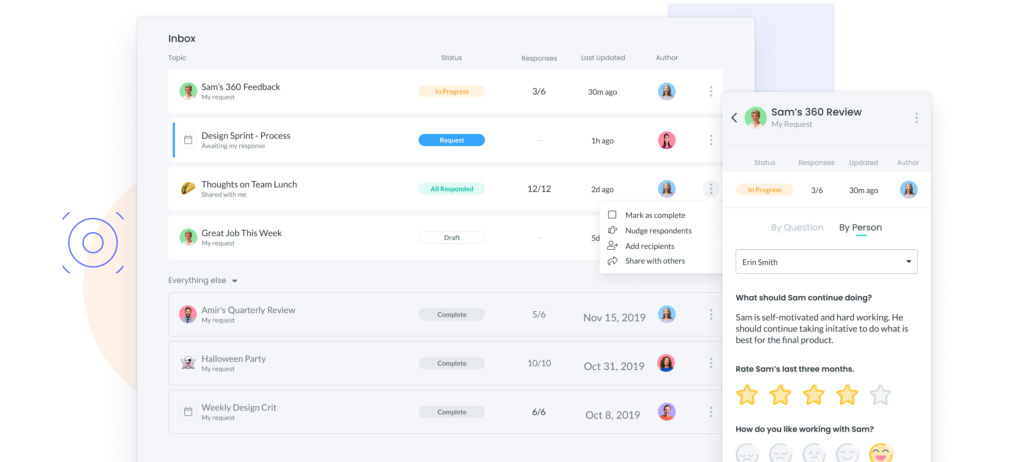
3 Ask the right questions
The questions that you ask play a huge role in how helpful the feedback you receive ultimately is for you and your team. Open-ended questions like “how am I/are we doing?” tend to foster generic, unhelpful responses like “you’re doing great!”
If you want to make the most out of the feedback process, the questions you ask should be as specific as possible. Ask to get into the details about you and your team’s strengths and the skills you need to develop to get to the next level (which is what we here at Fellow call “aspirational feedback”).
In an article for Inc, Adam Robinson, co-founder and CEO of Hireology, writes:
“When soliciting feedback from employees, you won’t get much out of simply asking employees, ‘Do you have any feedback?’ In more cases than not, employees won’t share feedback or will only share something positive. On the other hand, if you ask for more specific feedback, such as, ‘What can I improve upon?’ or ‘How can I be a better manager?,’ you’ll receive a more useful response that can help you grow as a leader.“
Jennifer Porter, managing partner of leadership and team development firm The Boda Group, expands on the importance of asking specific questions in a Harvard Business Review article on how leaders can get honest, productive feedback:
“Asking ‘What feedback do you have?’ rarely elicits a useful response. Instead, ask about specific events (‘What did you hear when I shared my strategy?’), worrisome patterns (‘How often do I interrupt people in meetings?’), personal impact (‘How did it feel to you when I sent that email?’), and lastly, recommendations (‘What can I do to help build my relationship with Priya?’).“
The more targeted you are with your questioning, the more helpful and productive the feedback will be—and the more you and your team will be able to use it as a springboard for growth as a result.
4 Receive feedback in a way that fosters future communication
The above tips will help you get helpful feedback. But if you want that helpful feedback to continue, it’s important to be conscious of how you receive it.
In Bregman’s aforementioned HBR article, the CEO writes:
“Being good at receiving feedback is especially important at work, because your colleagues are less likely to push past your defensiveness and more willing to write you off if they have a hard time working with you. If that happens, you’ll never know why — since you won’t have heard the feedback — so you’ll keep repeating the same mistakes.“
If you get defensive or respond negatively to feedback, your colleagues aren’t going to feel comfortable giving you constructive feedback in the future—and as a result, you and your team won’t have the insights you need to reach your highest potential.
Make sure to receive feedback with an open mind—and respond in a way that welcomes future feedback, observations, criticism, and communication. Bregman continues:
“Try not to judge any feedback you receive, whether it’s positive or negative. Thank people for being honest with you and let them know that you find their observations and opinions helpful. If they think that you really want the truth and you won’t react poorly to negative feedback, they’ll be more willing to be completely honest. If you get defensive about anything, they’ll stop and be polite.“
Get the feedback you need to take you (and your team!) to the next level
Getting honest, productive, and helpful feedback is a must if you want to continually grow and improve yourself and your team. And now that you know exactly how to generate the feedback, all that’s left to do? Get out there and get the feedback you need to take you (and your team!) to the next level.









